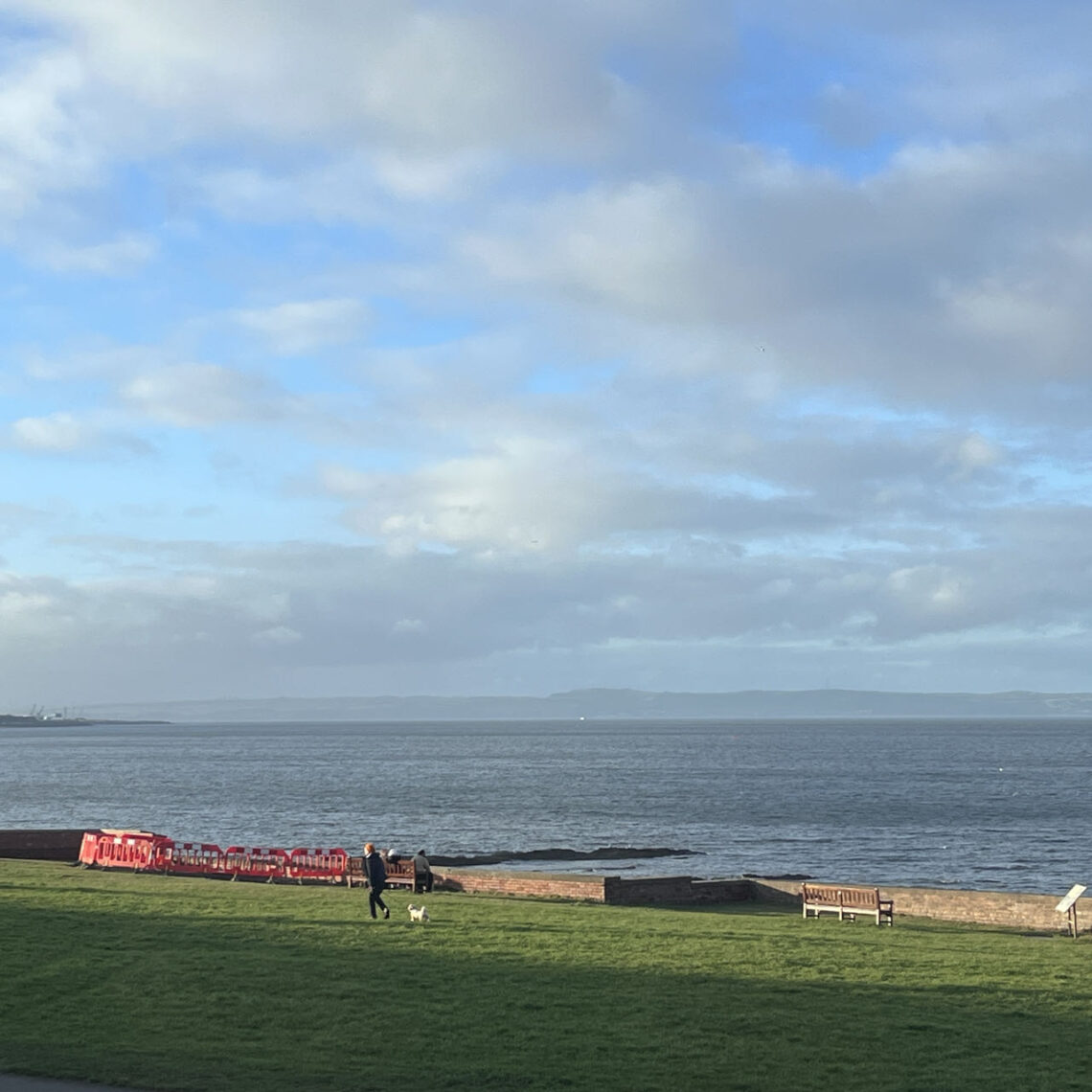The following are some of the questions discussed and confirmed by my supervisor and I in the email.
1. research question that are trying to answer : to address concerns the development of minority language and cultural education within the field of informal education, contemplating future possible actions and methods.
2.Regarding the three theoretical foundations, I am most familiar with ecological linguistics, as my undergraduate thesis was on the analysis of courtroom language. Following your recommendation, I have read articles by Django Paris on Culturally Sustaining Pedagogy, which I understand has evolved from Gloria Ladson-Billings’s Culturally Relevant Pedagogy and Geneva Gay’s Culturally Responsive Pedagogy. It is from these readings that I have perceived the enormous potential of community-led informal education in the transmission of language and culture, prompting my shift away from formal classroom language teaching. Unfortunately, I have not read many case studies in this area. The final sociocultural theory I learned about through citations in the reading, introduced relatively early by Lev Vygotsky. As it was mentioned in the cited literature, I am only aware of the view that language used in social interaction can be internalised as personal cognitive structures. I have yet to study other concepts and theories in depth.
Research Methods: Theoretical Deduction and Model Building.
– By conducting an in-depth analysis of the theories above, describe the ideal state and potential future development paths of informal Tibetan language and culture education.
– Based on theoretically recommended scenarios, create multiple future educational scenarios and discuss the potential impacts and educational models under each scenario.





